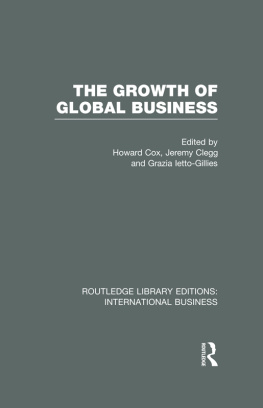.
.
.
.
.
ACKNOWLEDGMENTS
This project seems to be a departure from my longer arc of research as a Latin Americanist focused on Aymara communities of the Bolivian highlands. I sometimes reference my dual research focus, spanning indigenous Andean communities and MBA programs in the United States as evidence of the breadth of anthropology. You really can study everything and anything as an anthropologist, has become part of my pitch to students in introductory classes I teach. The follow up is a joke that the more I learn, the more I think I am really studying the same thing. The Aymara I know sometimes evoke pathways of memory, aligning the present with a series of places, experiences, and relationships over time. My own path to and through this project is one way to announce where Im coming from with this book.
My earliest work in Bolivia focused on Aymara religious identity and experiences in the context of contemporary interactions with Catholic missionaries. The Catholic Church and the project of missionization constitute some of the foundational global institutions (if there is a rival for that position, it is surely in the practices of early modern capitalism). The missionaries I studied in the late 1980s and 1990s were in the curious position of evangelizing communities that, after centuries of missionization, already identified strongly as Catholic. And yet, this latest cohort of pastoral workers were committed to a vision of Catholic identity that embraced, and in some ways required, culturally varied engagements with what they believed to be a universal Christian truth. So the Aymara found themselves exhorted by European missionaries to become more authentic Christians by becoming more authentic Aymara through adopting ancestral practices, once considered idolatrous, but now to be embraced as a local expression of Christian meaning.
Suffice it to say that the Bolivia work has had me thinking about the push and pull of global and local forcesabout the ways the global requires the local and the local is always produced in the context of the global. Add to that the timing of this pastoral turn (the theology of inculturation), which coincided with the implementation over the 1980s and 1990s of a swath of economic and political reforms in Bolivia (and elsewhere), dubbed neoliberalism. Neoliberalism seemed to announce the postCold War triumph of capitalism and provide a new gear for intensified global integration. For Latin Americanists and other regional specialists, this was a vexing time. The regional units of academic area studies were decried as artifacts of a now pass Cold War era made further obsolete by the accelerating juggernaut of globalization.
In this context, my late colleague Nancy Abelmann invited me to participate in a panel titled Area Studies Revisited for the 2003 meetings of the American Anthropological Association. That collaboration provoked an ongoing scholarly interest in the history, politics, and practices of area studies; more importantly, it focused my attention on what I dubbed a renaissance of regionalisman intensifying reconnection with local and regional differences evident programmatically on US college campuses through a welter of new international and global concentrations, including a trend in this direction at business schools. This book is based upon a little over a decades worth of research and retraining building on that observation.
In following that trail, I did not travel very far. The complex entanglements of local and global, the ethnographic attention to the agents of globalization, and the understanding of globalization as always a cultural project, remain central to my work. And I have found that an anthropological focus on economics and capitalism shares much with an anthropological focus on religion and Christianity in that both capitalism and Christianity are at once objects of study and implicit foundations of much of Western culture. Thus my joke that these two projects have been different voicings of a single set of questions and concerns.
Three decades of work in the Andes, overlapping with a decade of research in MBA programs, have left me with a well-developed understanding of debt. So let me recognize a list of people, institutions, and opportunities that made this work possible.
Ive already mentioned Nancy Abelmann, who was a profoundly generous colleague and friend, and who influenced me as a scholar and teacher in ways I continue to discover. Ive benefitted and been sustained by many other colleagues (and friends), in academia and beyond, who have read portions of the manuscript, engaged with my published work on this project, organized conference sessions, brainstormed new ideas, put me in touch with relevant work or research contacts, and otherwise helped me down the path. I list them here with deep thanks: Rob Albro, Rob Borofsky, Marcelo Bucheli, Matti Bunzl, David Cassuto, Rudi Colloredo-Mansfeld, Jean Comaroff, Jane Desmond, Virginia Dominguez, Elizabeth Downes, Brenda Farnell, Paul Garber, Ilana Gershon, Zsuzsa Gille, Maria Gillombardo, Michael Goldman, Jessica Greenberg, Angelique Haugerud, Karen Ho, Craig Koslofsky, Steve Leigh, Andrew Lynch, Kora Maldonado, Ellen Moodie, Sasha Newell, Stuart Rockefeller, Gilberto Rosas, Rachel Schurman, Carol Symes, Rebecca Tolen, and Paul Vaaler. I want to make special note of two outstanding graduate research assistants. Jennifer Hardin helped me take my initial observation and develop it as a research project through a survey of international MBA programs around the United States. And, during the final stretch of this project, Liza Youngling helped me organize some of the field data and process voluminous material on the history of MBA programs, challenges to the MBA in the wake of the 2008 financial crisis, BRICS and MINTs, and other themes.

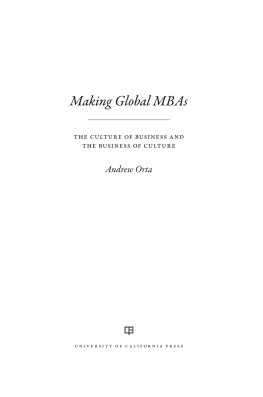

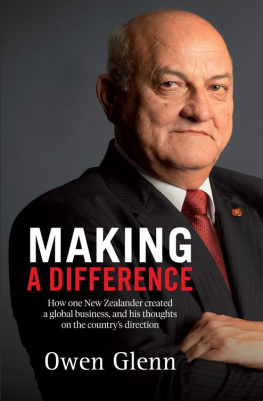
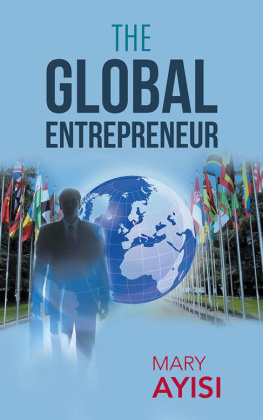
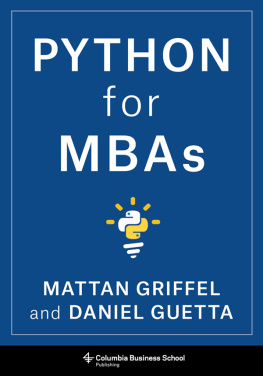
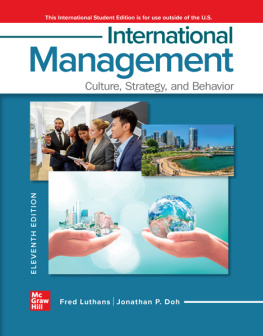
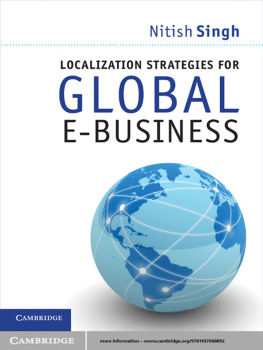
![Bhattacharjee Sudakshina - Improve your global business english: [the essential toolkit for writing and communicating across borders]](/uploads/posts/book/205847/thumbs/bhattacharjee-sudakshina-improve-your-global.jpg)
